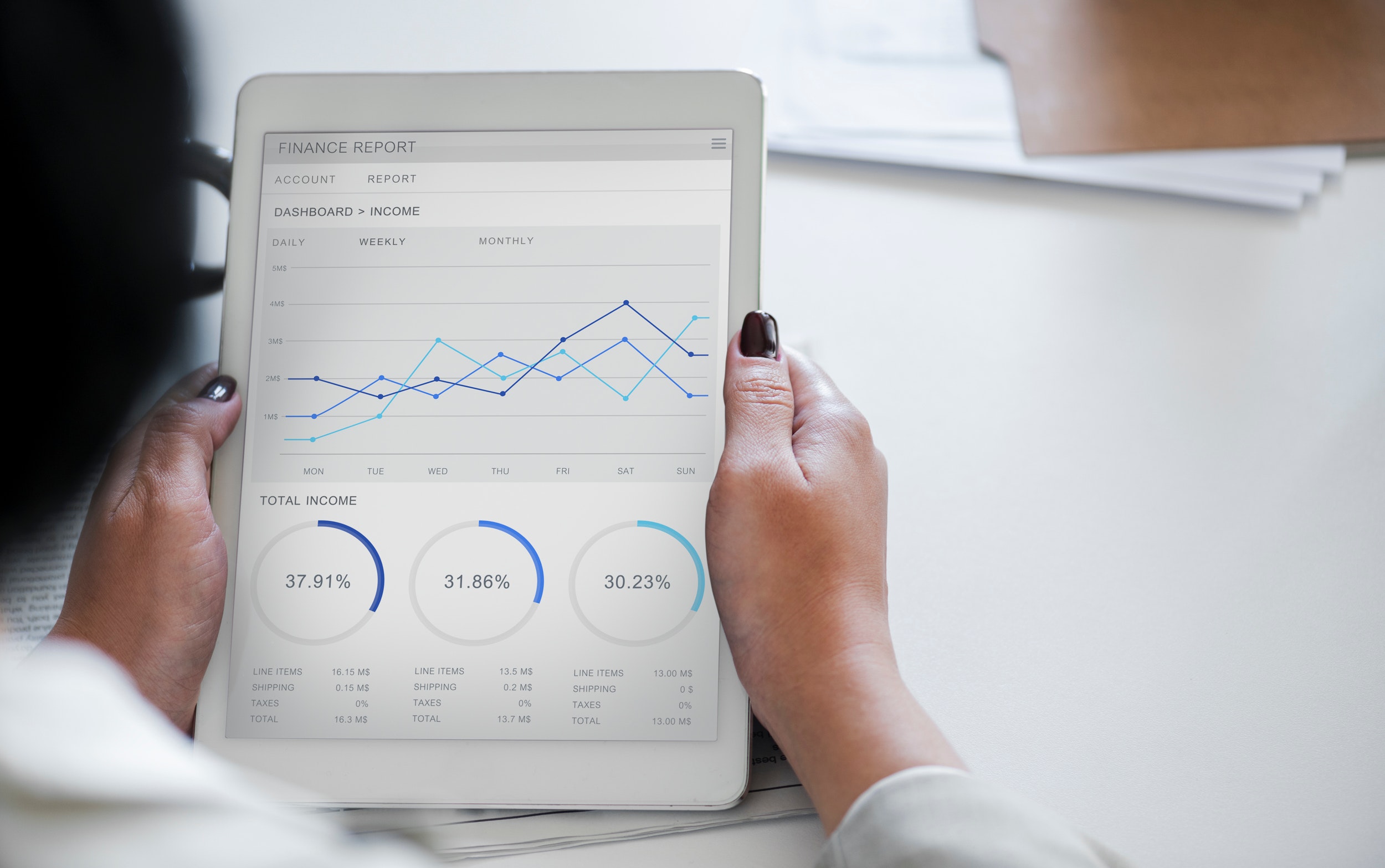How economic data deceives us
In this article for The Reasonable Man, Chris Clarke, our economics correspondent, begins a series of discussions about economic data. We rely on this data. Yet much of it is false and misleading. If the data is false, so are the conclusions we draw from it.
Introduction
In every country, politicians, business leaders and spin doctors manipulate economic data. International geo-politics and inconsistent numbers make comparisons meaningless. Everyone knows Mark Twain’s expression, ‘Lies, damned lies and statistics’. Yet most of us accept published data, even if we know it is inaccurate.
We shouldn’t.

Why not
Former British Chancellor of the Exchequer, Denis Healey, once complained bitterly over lunch, about the lateness of information provided by his, supposedly sophisticated, UK Treasury Department. He claimed it misled him into making wrong policy decisions. He boosted the economy when he should have been slowing it and vice versa. As a result, the British people suffered the miseries of inflation, unemployment, and hardship.
J.K. Galbraith another famous economist said:
The only purpose of economic forecasts is to make astrology look respectable.
In Economics 101, students learn the basics of measuring Gross Domestic Product, GDP; Productivity; Growth; Employment and more. This includes some of the difficulties of collecting timely and accurate data. Courses in statistics, and econometrics follow. Most economists prefer to apply their skills to other areas rather than measuring and comparing national performance.
We tend to use bad information where that is all that is available. There is a common alternative reaction: that is to discard or distrust all evidence that contradicts a prejudice. Individuals may tend to one reaction or swing between both. Maybe psychologists can explain why people react in these ways even if it leads to wrong decisions.
Edwards Deming, the management and quality guru, likened running a national economy to ‘driving a car at speed, with no forward vision, but using the rear-view mirror.’
Do not try that at home.

Forecasting techniques can improve on that, but the ‘garbage in garbage out’ rule applies. Why else have all the world’s economies gone through frequent bubbles and busts over thousands of years? The impacts on populations have often been catastrophic.
I wanted to cover this subject in a single article in a way that non-economists would understand. My arrogance evaporated as I delved deeper. Many great minds have trodden parts of this path before me. Much of the official information seems useless. Worse, the statistics are meant to bamboozle ordinary folk. They usually do. Economists blunder into the traps too. Rather than taking the time to write and publish a book, my coming series of articles here will deliver immediacy.
Future Articles
Here are those I currently plan:
- Why do we measure economic information- (This one is included below.)
- Reasons why important data is inaccurate
- The pitfalls of international trade statistics
- Attempts to fix the problems often make them worse
- Challenging what we see and creating more meaningful information
Why do we measure economic information?
The intent is noble. Central and regional governments everywhere spend untold trillions on public policies. Central banks juggle the intricacies of managing inflation, interest rates and oversight of financial institutions. None of them can analyse, plan or act without information.
In democratic countries with voting electorates, opposition parties and critics hold those elected accountable only if they can see measures of success or failure. The World Bank, The International Monetary Fund, The Organization for Economic Cooperation and Development, charities, and many others, all need to decide which struggling nations deserve aid and support and when. Incorrect information means billions are misdirected.

What could possibly go wrong?
Unfortunately, many things can and do go wrong.
1. Leaders want to shine. They ensure that those preparing and using data make this happen. Success for the minions means pleasing their leaders. Reporting impressive performance can lead to recognition, better pay, greater responsibility, honours, promotion, and allocation of more resources. Failure can have catastrophic results, especially in dictatorial regimes.
Several countries blatantly issue false data. Others are more subtle, including or excluding factors that make their statistics appear better.
Oh, what a tangled web we weave when first we practise to deceive.
Sir Walter Scott
Whenever they falsify statistics, governments must then maintain the deceit. Once they claim success over a long period, producing more accurate numbers results in dramatic declines in performance. This discredits the government. Regime change might be the only way to get away with this.
China is just one of many examples. The Central Government sets targets for all parts of the economy. Industries and various levels of administration collect and pass progress reports upwards. Success or failure can determine the fate of those in the chain. By the time the results arrive at the centre, they may contain multiple levels of inaccuracy. To fix this, those responsible alter the information for local and international publication. Somehow, the results match or exceed the original plans.
International organizations know well that figures from India, China, Russia, and many other countries are ‘optimistic’. In consequence, they make changes. We will see in later articles that some adjustments might have malicious intent. Making China or other countries look bad is often a key propaganda goal. Others may simply be dubious guesstimates.

Developed countries also manipulate their data. Unemployment is a good example. In February 2017, the US government claimed an official unemployment figure of 4.7%. However, including part timers who could not find sufficient work, those employed below their qualification level, and some who could not find work and gave up looking, unemployment was 18%.
2. Using bad measures of performance. Problems ensue when a badly designed performance measure becomes internationally accepted and widely used. Gross Domestic Product, GDP, is a glaring case. We will review this in detail in a further article. The issues are compounded because GDP is used to calculate other important statistics, such as growth, per capita wealth and more. The ‘adjustments’ make the problem worse. Also, they lend false credibility to the numbers. ‘If the World bank says so, it must be right.’
3. Poor data collection. There are many reasons why this happens. Amongst them are lack of accurate records; poorly qualified collectors of information and analysts; and time delays due to poor communications, or inefficient bureaucracy. In most international comparisons some countries' data is several years behind that of others. It is no surprise that small and emerging economies are frequently the laggards. They lack qualified people to do the job.

4. Differences in methodology. The reason why GDP and growth figures from the OECD, World Bank and IMF differ quite widely is because each of them uses its own methods to source, collect and process data. The YouTube series Economics Explained shows startling variations reported by these august bodies. The sizes of some economies vary by more than 30%. This makes the data useless or at least of dubious value.
5. Questionable adjustments. Statisticians and others change the data. Monthly data is often seasonally adjusted to smooth out peaks and troughs, e. g., those caused by vacations, or weather patterns. In agriculture; energy consumption; and travel, when weather forecasts prove inaccurate, these adjustments create errors.
Conclusion
I have described why data for all economies is difficult to collect. It is inconsistent across countries and by the organizations publishing information. Human nature intervenes to make economies look better or worse, dependent on political motives.
Worked on the article:

Wanlikhang





